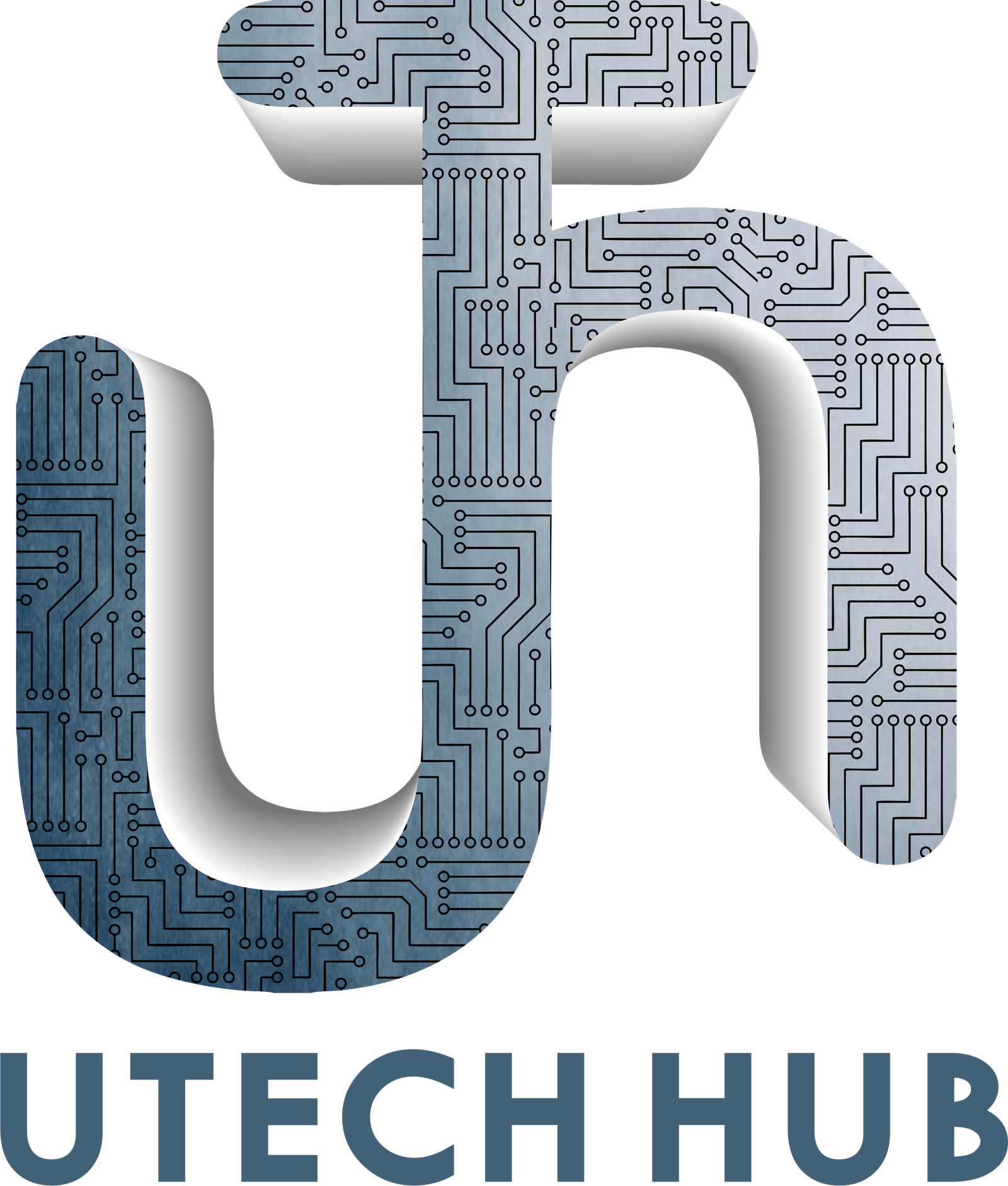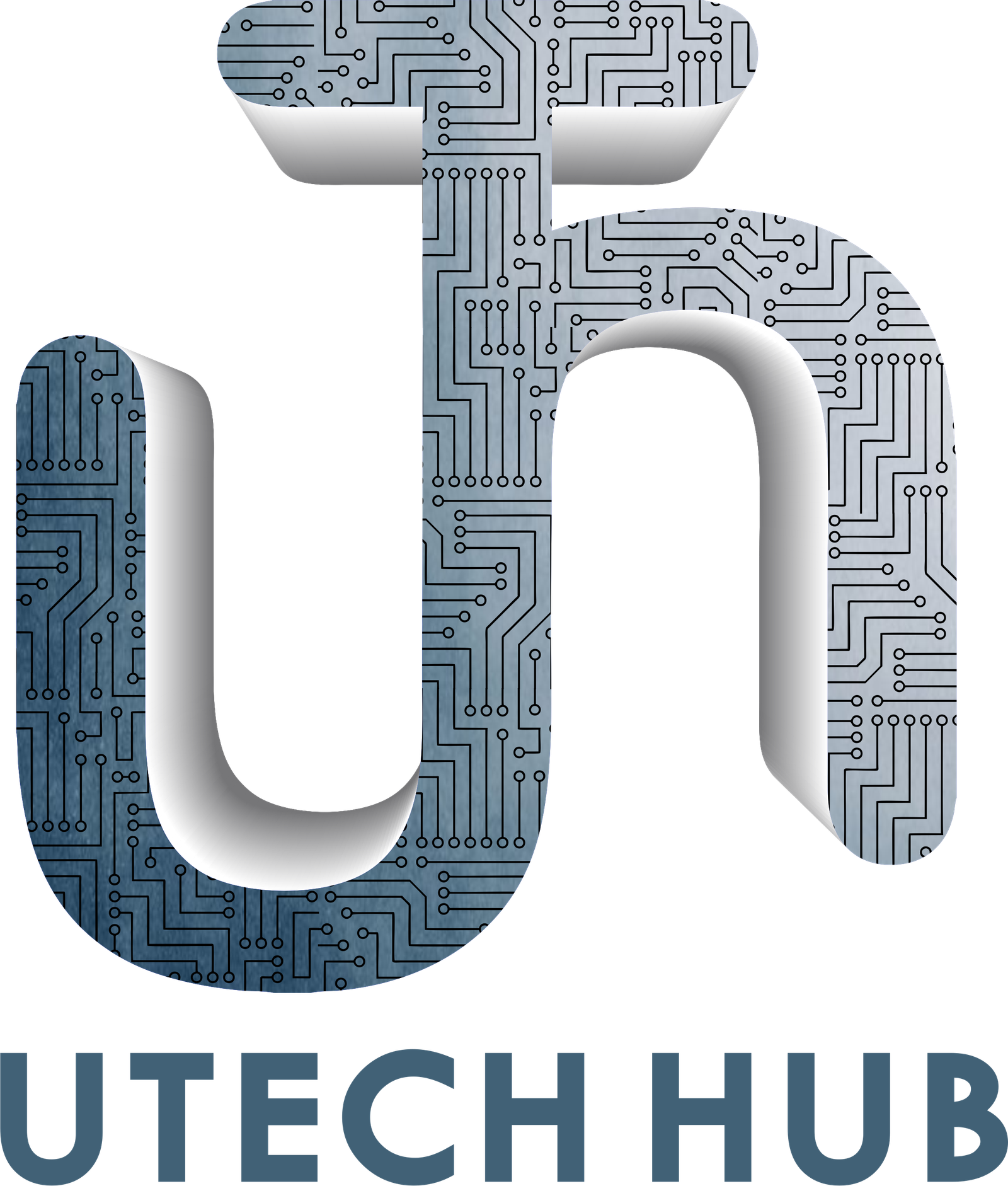In today’s highly competitive business landscape, organizations are constantly seeking ways to improve efficiency, enhance customer experiences, and boost productivity. Salesforce, a leading customer relationship management (CRM) platform, plays a pivotal role in achieving these goals. However, to truly harness its potential, businesses must explore the world of Salesforce integration. In this blog post, we’ll delve into the significance of Salesforce integration, its benefits, and some common integration scenarios.
Understanding Salesforce Integration
Salesforce integration refers to the process of connecting Salesforce with other software applications, systems, or data sources to enable seamless data sharing and automate processes. This integration can occur in various ways, including point-to-point integration, middleware solutions, and APIs (Application Programming Interfaces).
Benefits of Salesforce Integration
Enhanced Efficiency and Productivity:
Salesforce integration eliminates the need for manual data entry and reduces the risk of errors. It streamlines workflows, allowing employees to focus on higher-value tasks, thus increasing overall productivity.
Comprehensive Customer Insights
By integrating Salesforce with other systems, businesses can gather a 360-degree view of their customers. This consolidated data helps in better understanding customer behavior, preferences, and needs, which, in turn, enables more targeted marketing and sales efforts.
Improved Data Accuracy
Integration ensures that data is consistent across all systems, reducing the chances of data duplication and inconsistencies. This, in turn, leads to more reliable reporting and analytics.
Real-time Updates
Salesforce integration allows for real-time data synchronization. This means that any changes made in one system are instantly reflected in Salesforce and vice versa, ensuring that all stakeholders have access to the latest information.
Cost Reduction
By automating processes and reducing manual data entry, Salesforce integration can lead to significant cost savings over time.
Common Salesforce Integration Scenarios
Marketing Automation Integration:
Integrating Salesforce with marketing automation tools like HubSpot or Marketo allows for seamless lead nurturing, scoring, and tracking. It ensures that marketing and sales teams are always aligned and working with the same data.
ERP Integration
Integrating Salesforce with an Enterprise Resource Planning (ERP) system like SAP or Oracle enables organizations to manage customer data alongside financial and operational data. This integration streamlines order management, inventory control, and billing processes.
E-commerce Integration
Salesforce can be integrated with e-commerce platforms like Shopify or Magento to enable a unified view of customer interactions. This integration helps businesses provide personalized shopping experiences and optimize inventory management.
Customer Support Integration
Integrating Salesforce with customer support systems such as Zendesk or ServiceNow ensures that support agents have access to customer history and case details, resulting in more efficient issue resolution
Social Media Integration
Integrating Salesforce with social media platforms helps businesses track social interactions and analyze customer sentiment. This information can be used for targeted marketing campaigns and proactive customer engagement.
Conclusion
Salesforce integration is a game-changer for businesses looking to streamline operations, enhance customer experiences, and drive growth. By connecting Salesforce with various other systems and data sources, organizations can leverage the full potential of their CRM platform. Whether it’s marketing automation, ERP, e-commerce, customer support, or social media integration, the benefits are substantial. As technology continues to evolve, Salesforce integration remains a crucial strategy for staying competitive in today’s fast-paced business environment. Embrace the power of integration, and watch your organization soar to new heights of success with Salesforce as your central hub for customer relationship management.


